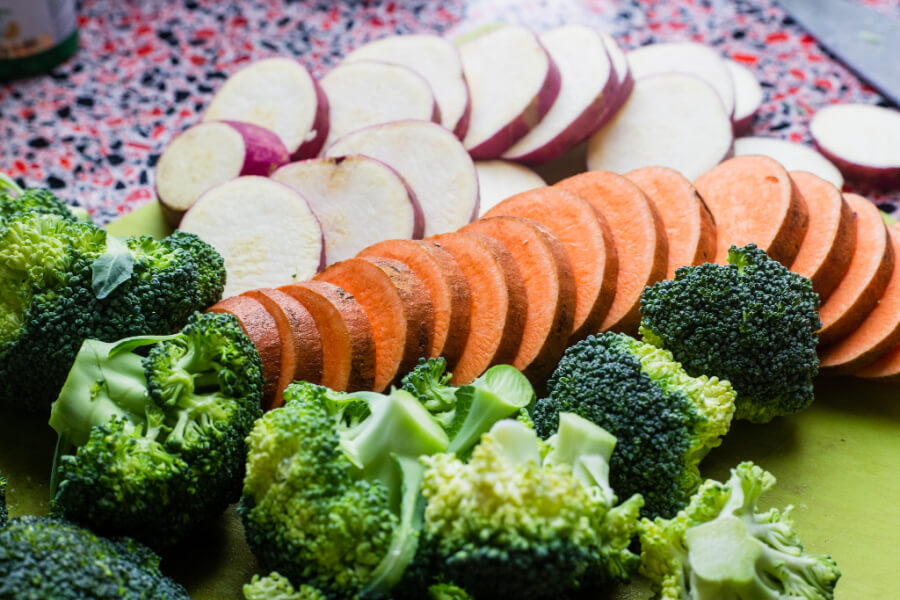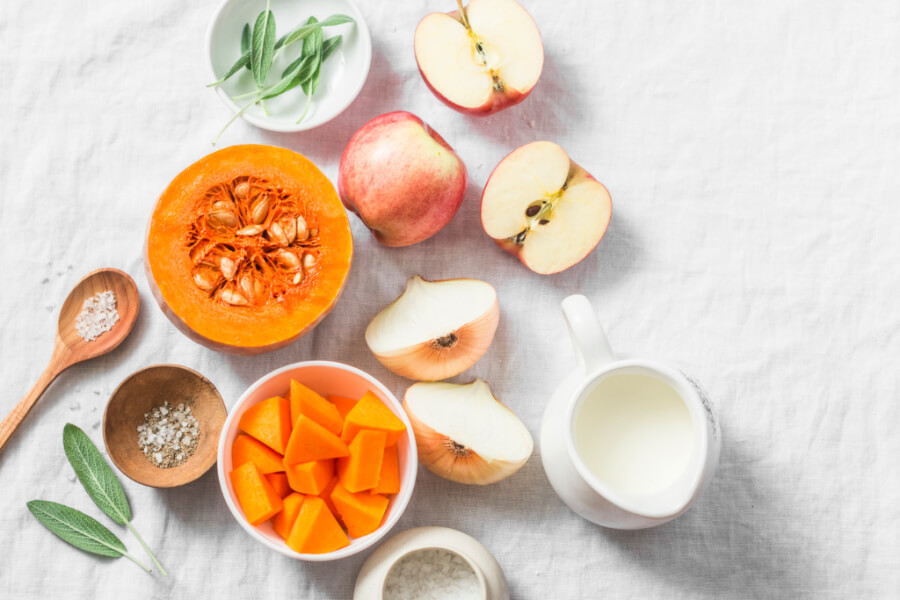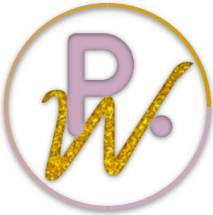One of the most effective ways to handle many issues that are root causes of period problems is to address someone’s nutritional input, aka food. This usually isn’t news to anyone as most of us intuitively know that what we put into our bodies is going to influence our health and wellbeing.
BTW, If you want to see what the root causes of your period problems are, you can take the period quiz.
As much as I would love to say, anyone can eat what they want, the truth is, our body needs a variety of nutrients to perform well. However, food is such a sensitive subject for just about everyone.
Food is culturally important for some people, some foods are meant to be shared or eaten communally, and some of them aren’t as great for your periods as others.
Some people come from families with very strong views on food, and eating habits, this can be both positive or negative and I am always saddened by how many clients come to me with disordered eating that comes from what they were told about eating growing up.
Then there are people who have very strong eating beliefs either for health or ethical reasons and unfortunately, there can be some very combative voices online strongly espousing their views as being the only correct ones, but they are a minority of the rest.
Finally, there are various religions around the world that celebrate or restrict certain foods.
Whether any of the above apply to you, one thing is for sure, regardless of training, nearly everyone has a view on food, and some people are very vocal about what constitutes as nutrition and so many people are willing to offer nutritional advice, regardless of education or training.

The Best Diet For Periods
One of the most common questions I am asked is “what is the best diet for periods” followed by, “I have fertility/thyroid/endometriosis (insert specific condition here)”, what do I need to do?
And do you want to know the truthful answer? Sure it’s………………..*drum roll please*……………….it depends.
Honestly, this is never the answer that people want to hear but it’s true. One of the challenging things about writing blogs with nutrition involved, is that I have to be pretty broad and not too specific because, regardless of your root cause of your period issues, we are as different on the inside as we are on the outside.
Even if, say for example your underlying condition is blood sugar levels out of control, but how much protein and fat you need to eat, how much higher GI (Glycaemic Index) foods you can tolerate is going to be different to what someone else needs.
Equally, it is going to be different depending where you are on your healing journey. If you are at the beginning, it is likely that small slip ups, cause bigger issues than when you have your blood sugar levels and other lifestyle factors such as good quality sleep and exercise under control.
It can also change depending on your stress levels, medications, other medical history and even where you are in the menstrual cycle.
What I like to do instead is worth with my clients to help them become period detectives, and use methods such as charting the cycle and other signs and symptoms in your body to work out what changes are working for you and what aren’t.

How Do I Know What Foods I Need To Eat For My Period Problems?
Whilst there is no hard and fast one size fits all diet for period problems, there are a few things that are true for everyone.
Nutrient rich foods over nutrient poor foods. In general, eating foods with more clear micronutrients in them, are going to offer us more towards our menstrual health, (and other aspects of our health), than energy dense, but nutrient poor foods.
I like to use the acronym JERF, Just Eat Real Food. If I’m hungry for a snack, being honest and having an apple vs a packet of crisps (or chips for my friends across the pond), is important for me and my health.
That being said, there are some things that can become more specific for different issues. Someone with inflammation, doing an elimination diet under supervision (which is the gold standard and yes I offer this as a service), testing for the most common issues is a great start. Most common foods that trigger inflammation based issues or autoimmune issues are soy, dairy, gluten and corn.
Equally, someone with signs of poor oestrogen metabolism, we are going to want to see how much B vitamins fibre and sulfurophanes they are getting in their diet and what their optimal amounts are. Pro tip: these are all found in dark green leafy veggies.
There are also tests that I can offer, suggest and assessments I am trained to carry out to work out what specific foods and supplements to recommend.
The Menstrual Mindset For Nutrition
Whilst it is great to eat more good quality, high nutrient density foods, it is hard to change from the standard western diet. It can be challenging to change what you are eating when you need to take time to plan your shopping and prepping differently, eating different foods in front of other people, some of whom may disapprove of your dietary changes.
1. Getting a good support group and network around you is important when making changes. This is critical for long term success as studies suggest that some family and friends can actively sabotage diets and health changes.
2. It is also important to make changes that are sustainable for you. Some people find it easier to dive in and make a big change with no “treats” left in the cupboard. Other people need to make slow changes and slowly evolve their diet over time.
3. Another thing to bear in mind is it’s important to pay attention to what your body is saying to you. What foods are helping you and what foods are hindering you is something you have to figure out for yourself and this can change over periods of time too. The reason, my friends gave me the nickname of the Period Whisperer is because I am a big fan of body literacy and paying attention to what is going on with your body.

Avoiding The Dark Side of Nutrition
Food also brings out the dark side of our psyche’s sometimes. It can be easy to fall into the following traps:
1. Developing disordered eating when you start figuring out what is working for you. There is an interesting disorder called orthorexia which came about in the wellness world when people become so concerned with “clean eating”, (most basic description is not eating any processed or food not cooked from scratch), to the extent that meals are missed or distress is caused.
Part of working with a nutrition professional rather than going it alone is that they can help you to recognise when food or eating habits are becoming an issue and can refer you to appropriate mental health resources before it gets serious.
2. Feeling like you are to blame for your problems. It can be really easy, once you realise that changing what you eat can change your help to feel like it isn’t fair that you have to restrict yourself when no one else has to, in order to be symptom free. Or to feel that your nutritionist or dietician is blaming you for your period problems due to your nutritional choices in the past.
If this is something you feel, please do speak to your nutrition professional about how you are feeling and they can help support you through these feelings. It is also important to remember that you do have a choice.
It might be that you figure out a regime that gets rid of all your health issues and period problems, but you feel it is too restrictive and you would rather deal with all or some of those issues, than give up something you love.
That is fine. This is a learning process and part fo that learning is working out what feels like you are living a life you want to live and knowing that you have the power to change the outcome, but picking the balance that works for you, if at all, can be very empowering.
Want To Get Started On Your Nutrition Journey?
I offer some self starter nutrition programmes such as recipes of “real food” and videos of meal planning and meal prepping as well as one to one Zoom clinic sessions in which I can help you get more specific.
You can also do my Read Your Bleed course in order to get to know how to chart and read your period.
My Training In This Area
Nutrition is one of those topics where many people claim to be qualified or an expert. If you are curious as to my professional qualifications in this area, I have done general qualifications in nutrition and nutritional therapy.
However, I have done post graduate courses on women’s health including with the Integrative Pelvic Health Institute (Women’s Health and Nutrition Coach), then the upgraded Integrative Women’s Health Institute Women’s Health Coach Qualification, Hormone Qualification and Detoxification for Fertility Qualification. I have also done the Fix You Period Apprenticeship twice (with various updates) and I do continuous professional development with a number of different institutions.




